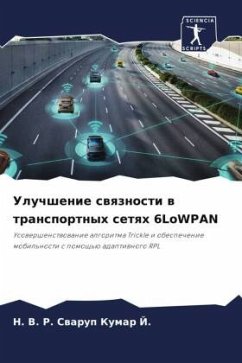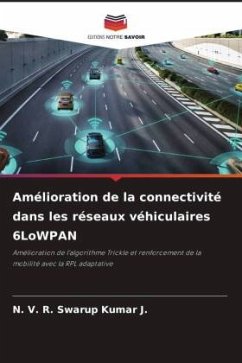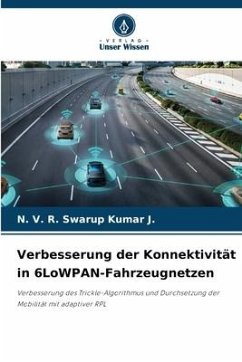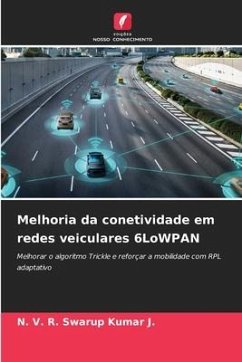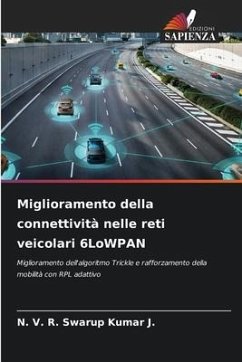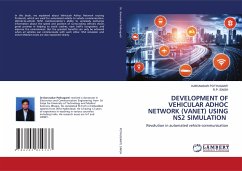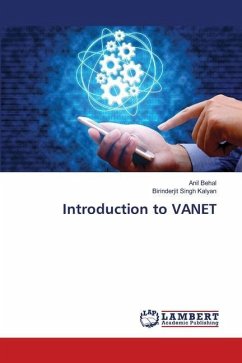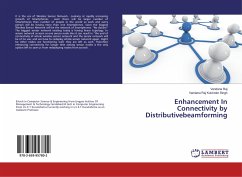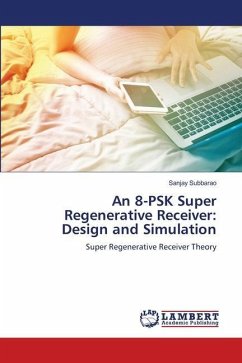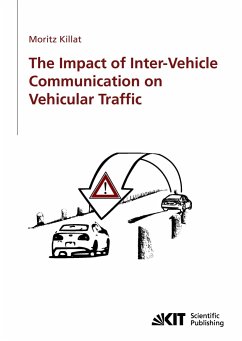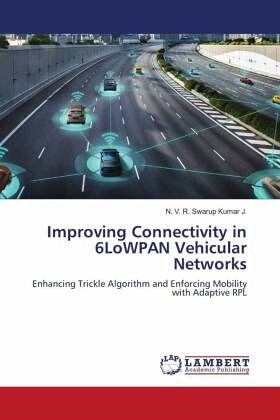
Improving Connectivity in 6LoWPAN Vehicular Networks
Enhancing Trickle Algorithm and Enforcing Mobility with Adaptive RPL
Versandkostenfrei!
Versandfertig in 6-10 Tagen
53,99 €
inkl. MwSt.

PAYBACK Punkte
27 °P sammeln!
The growing need for transportation on a global scale has led to complex traveling scenarios, resulting in an increase in accidents caused by human and technological factors. To address this, research on vehicular networks has focused on Vehicle-to-Vehicle (V2V) communication. However, ad hoc networking poses challenges in data transmission. This study aims to enhance driving experiences by implementing design enhancements for efficient and cost-effective vehicle-node connections. It utilizes Wireless Sensor Networks (WSN) and the IPv6 Routing Protocol for Low power and Lossy networks (RPL) to...
The growing need for transportation on a global scale has led to complex traveling scenarios, resulting in an increase in accidents caused by human and technological factors. To address this, research on vehicular networks has focused on Vehicle-to-Vehicle (V2V) communication. However, ad hoc networking poses challenges in data transmission. This study aims to enhance driving experiences by implementing design enhancements for efficient and cost-effective vehicle-node connections. It utilizes Wireless Sensor Networks (WSN) and the IPv6 Routing Protocol for Low power and Lossy networks (RPL) to facilitate end-to-end IP packet delivery. A novel code is proposed for lossy routing and low-power sensor networks. The study observes RPL performance, and through fine-tuning, achieves better results. Unique Mobility Models improve static network consistency. The research focuses on Adaptive Trickle Algorithm-RPL and creates novel Mobility Models for V2V and V2I communication, analyzing traffic patterns. Simulations show improved critical network connection parameters, enhancing End-to-End Delay, Packet Delivery Ratio, OverHead messages, and Power Consumption.



